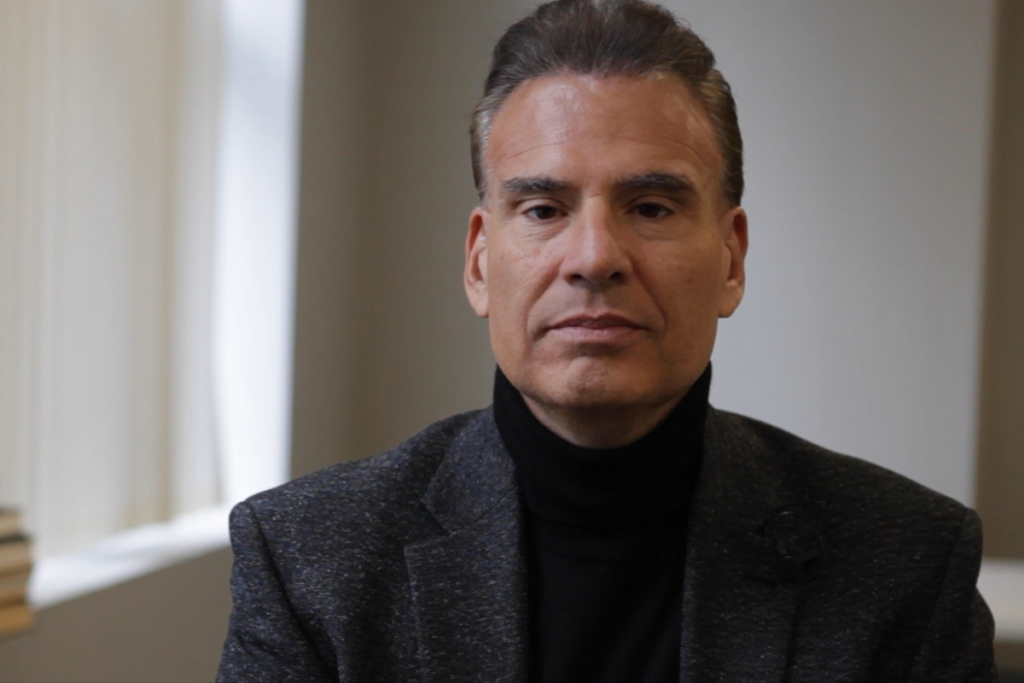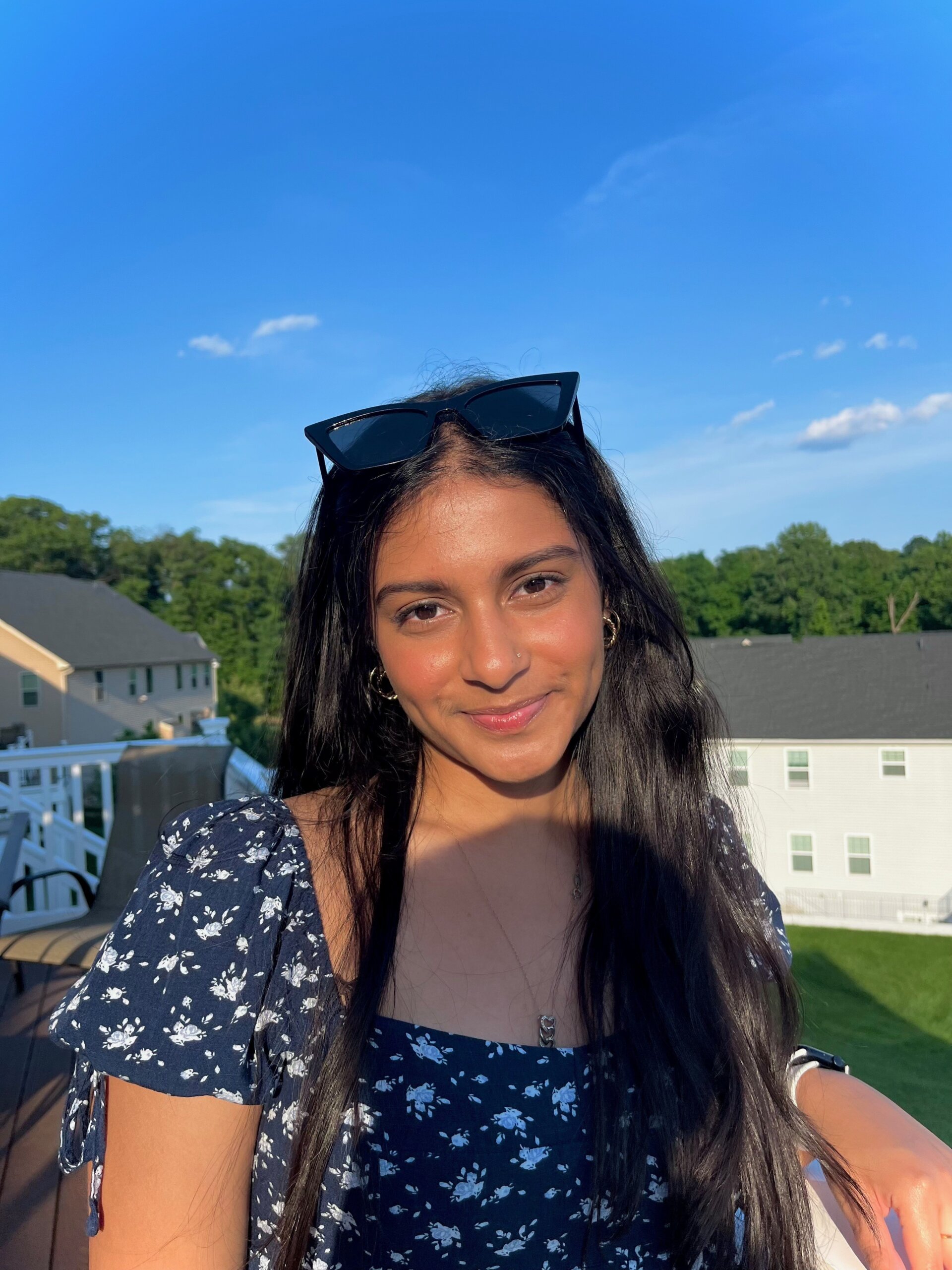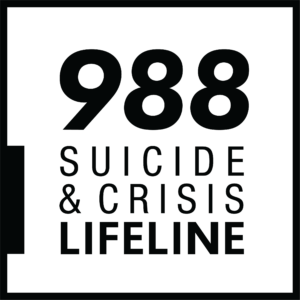Hispanic Heritage Month is celebrated from September 15 to October 15, spanning the national independence anniversaries of several Latin American countries. This time is an ideal opportunity to engage in conversations about the unique challenges faced by Hispanic and Latino communities.
Though suicide risk and rates for Hispanics and Latinos have been on the rise since 2000 , there is still minimal conversation about and among the community regarding mental health struggles. The COVID-19 pandemic had a devastating effect as well. A national study found that though the suicide rate among all U.S. residents decreased (with the largest decrease found among non-Hispanic white people), rates in ethnic minority groups increased—notably, suicide rates in Hispanic males increased by a staggering 29% between 2019 and 2020.
What unique barriers do U.S. Hispanic and Latino communities face that contribute to these numbers? And how can we, as individuals and communities, best support those who are struggling?

“Yo No Soy Loco”
“If you think the general public doesn’t want to talk about it, the Latino community wants to talk even less. It’s still a stigma. It’s still a taboo,” says Alberto Vasallo, III, CEO and President of El Mundo Boston, a leading Latino media outlet in Massachusetts and community partner of Samaritans.
In 2022, El Mundo Boston launched a mental health campaign in Spanish, the first of its kind. In this video series hosted on YouTube and Facebook, psychiatrist Dr. Felix Torres addresses a variety of mental health issues—from work-life balance to bipolar disorder to toxic relationships.
In an interview for this year’s Breakfast for Hope, Alberto shared that the show didn’t get many comments initially because of the stigma around mental health. In Latino cultures, there’s a need to appear strong and mentally fit, which can lead to the suppression of emotions and reluctance to seek help. Many fear being labeled as “loco” or “crazy” if they discuss mental health concerns.
Hispanic/Latino youth, in particular, may feel caught between cultures, which can lead to isolation. Adolescents report disproportionate rates of suicidal ideation and attempts with higher self-reported rates among female Hispanic/Latina youth. In a 2021 survey from the CDC, 22% of Hispanic/Latino high school students seriously considered suicide.
Barriers to Care
Fear of stigma prevents many Latinos from seeking help for mental illness, and those who do seek help may face difficulty in accessing quality treatment.
Issues such as poverty (Nearly 17% of the U.S. Hispanic/Latino community live under the poverty line), lack of access to proper health insurance, plus a lack of specialized healthcare resources create further barriers to mental health care. A lack of healthcare providers who are aware of subtle cultural differences, beliefs, and nuances in the diverse Latino community may also lead doctors to misdiagnose Latino patients. And for recent immigrants, these issues are magnified.
“They have the added challenge of not knowing the language, not knowing the system, having their kids, they don’t know how to maneuver around even the school system.” says Alberto. “Some of them still don’t have all of their documentation right. They’re in this kind of undocumented status.”
How to Offer Support
Mental health care is not one size fits all. Taking a community’s beliefs, values, and cultural differences into account can help ensure proper care.
Ask About Physical Symptoms
In many Latino communities, it’s more socially acceptable to discuss neurological or physical conditions than mental health. As a result, individuals often describe their mental health symptoms in physical terms rather than emotional ones. They are also more inclined to seek help for physical symptoms associated with their mental illness. For instance, someone might not readily admit to having a panic attack but will report physical symptoms like chest pain and shortness of breath. A primary care physician can play a crucial role in identifying the psychological root of these symptoms and referring patients for appropriate care.
Educate Communities
Some pushback against discussions of mental health and suicidality is due to a lack of information or understanding about these topics. Many Latinos can find it enlightening to discover that brain chemistry plays a significant role in mental health disorders. Their perspective on these conditions often shifts when they understand the biological basis behind them.
Educating families and communities about these issues can help them feel more comfortable discussing mental health and suicide more openly. Encouraging people to share information about mental health, why it matters, and where people can get help can be lifesaving and is a great way to break the silence and reduce the stigma around these topics.
Though initially callers did not reach out to El Mundo Boston’s mental health video podcast, Alberto says it just took some time for them to ask questions and seek out resources.
“People were opening up and at least being able to identify and say, OK, mental health does not mean that you are loco, that you are crazy…And that they can seek help, and that seeking help is not a sign of weakness.”
Alberto says that continued outreach and engagement with the community will encourage more awareness and participation.
“It’s a big issue in our community of letting people know that they’re not alone, that other people have these kind of ailments, and there are absolutely ways to get better.”
Thanks to Samaritans staff members Olivia Paredes, Salesforce Manager, and Kiara Hernandez, Helpline Training Coordinator, for their contributions to this article.
Resources:
In efforts to best serve our community, our 24/7 Helpline is available in more than 240 different languages with the aid of a tele-interpreter service. If you are struggling, worried about a loved one, or in need of compassionate support, call or text 988. We are ready to listen to you. When your call is answered, please say that you would like to speak to a volunteer in your preferred language.
Individuals who speak Spanish can now connect directly to Spanish-speaking crisis counselors by calling 988 and pressing option 2, texting “AYUDA” to 988, or chatting online at 988lineadevida.org or 988Lifeline.org.
988 Lifeline ofrece servicios gratuitos en español las 24 horas del día, los 7 días de la semana. No tiene que hablar inglés para recibir ayuda. Para acceder al apoyo en español, marque 988 y presione 2. Para iniciar una conversación de mensaje de texto en español con el 988 Lifeline, envía la palabra AYUDA a 988.









